Who We Are
A multi-disciplinary research, education, and training organization established in 1998.
About EPRC
The Environment and Population Research Centre (EPRC), founded in 1998 by Prof. Dr. Bilqis Amin Hoque, is a multidisciplinary, non-governmental institution dedicated to research, development, education, training, and networking. Guided by its Vision and Mission, EPRC works in a variety of fields, including WASH (Water, Sanitation, and Hygiene), water resources, food security, agriculture, organic farming, renewable energy, satellite-based smart irrigation, wastewater management, environmental protection, disaster risk reduction, climate change adaptation and mitigation, education, indoor air quality, public health, occupational health and safety, infrastructure, and related social and policy issues at local, regional, and global levels. A key focus of EPRC’s development initiatives is managing water resources and promoting human rights and gender equity, particularly for socially disadvantaged communities, with an emphasis on women.
EPRC has successfully carried out its mission by implementing strategic research, academic, and development activities aimed at achieving sustainable outcomes. It collaborates with government agencies, non-governmental organizations, and donor agencies in Bangladesh and internationally.
EPRC operates 27 field offices across Bangladesh, with its head office located in Dhaka. The organization also runs an environmental and basic food testing laboratory, an MIS & data center, a training center, an educational institution, and a makeshift health clinic for marginalized populations in Gazipur and Uttar Matlab, Chandpur. EPRC is structured into 13 cells/sections: Human Resources, Finance, Social Behavioral Change (SBC), Capacity Building, Advocacy, Training and Research, GIS & MIS, Fundraising and Public Relations, Gender, Monitoring & Evaluation, Internal Audit, Disaster Management, Administration, Logistics, and Procurement.
EPRC coordinates the Global Applied Research Network for Water, Sanitation, Hygiene, Environment, and Agriculture-South Asia (GARNET-SA), a network of over 600 member organizations. The network is guided by an advisory committee that includes members from Bangladesh and other regional countries. The GARNET-SA chapter in India is coordinated by the Indian Institute of Bio-Social Research and Development (IBRAD) in West Bengal, India, in collaboration with EPRC.
EPRC works closely with grassroots community-based organizations (CBOs), local government bodies, institutions, Water Management Groups (WMGs), and other stakeholders. It has pioneered capacity-building initiatives for vulnerable women, empowering them to start small businesses in sectors such as agriculture, food processing, improved cooking stoves, nursery management, sanitation, safe drinking water supply, and other livelihood improvement/income-generating activities.
EPRC has extensive experience in social mobilization and capacity development through group formation, need-based training on crop production technology, tailoring, paramedical services, veterinary care, small-scale fruit cultivation, and other self-improvement groups (SIGs). The organization also develops a wide range of training materials, including IEC (Information, Education, and Communication) materials, BCC (Behavioral Change Communication) tools, posters, leaflets, flashcards, billboards, and audiovisual resources. In addition, EPRC organizes and hosts short training courses, workshops, and postgraduate research in collaboration with institutions and universities from Bangladesh, India, USA, Netherlands, Japan, Denmark, and other countries.
EPRC employs a permanent team of professionals with expertise in environmental issues, water resources, civil engineering, social sciences, economics, public health, business management, statistics, sociology, agriculture, renewable energy, disaster risk management, climate change, food security, drinking water, sanitation, hygiene, air quality, local government, and capacity building. When needed, qualified registered associate members and short-term professionals are brought in from various sources, including GARNET-SA member organizations, to support specific projects. Over the years, EPRC has been involved in more than 100 projects across Bangladesh and internationally, achieving a strong record of success. In summary, EPRC has considerable experience and a deep commitment to sustainable development in both normal and disaster/emergency conditions, working in rural and urban areas alike.
Vision
To redress sufferings of the community people, especially the poor through appropriate management of resources at local, regional and global levels.
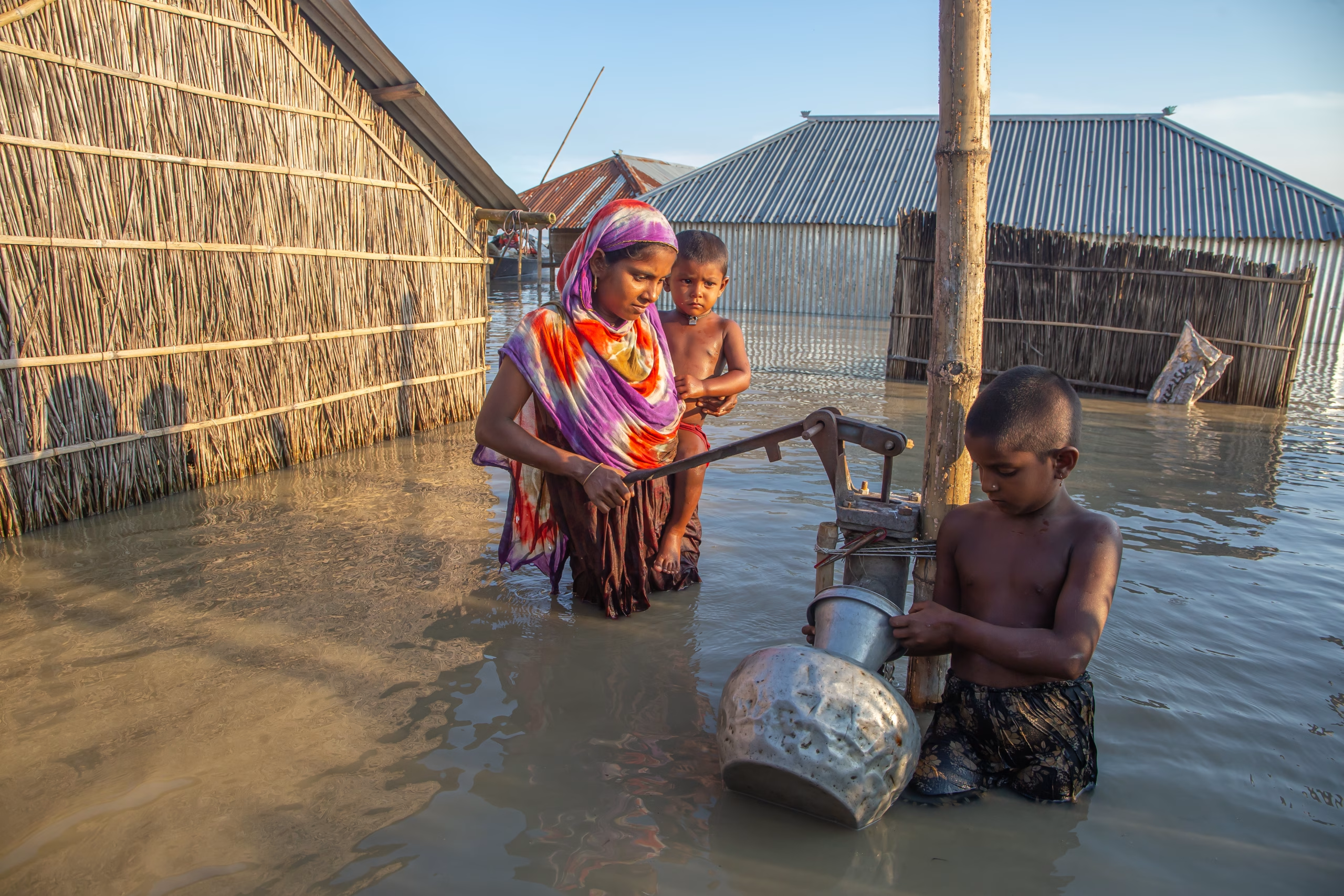
Mission
To incorporate strategic research, training, technical services, laboratory analysis, information exchange, and networking for effective and sustainable achievement in target development program.
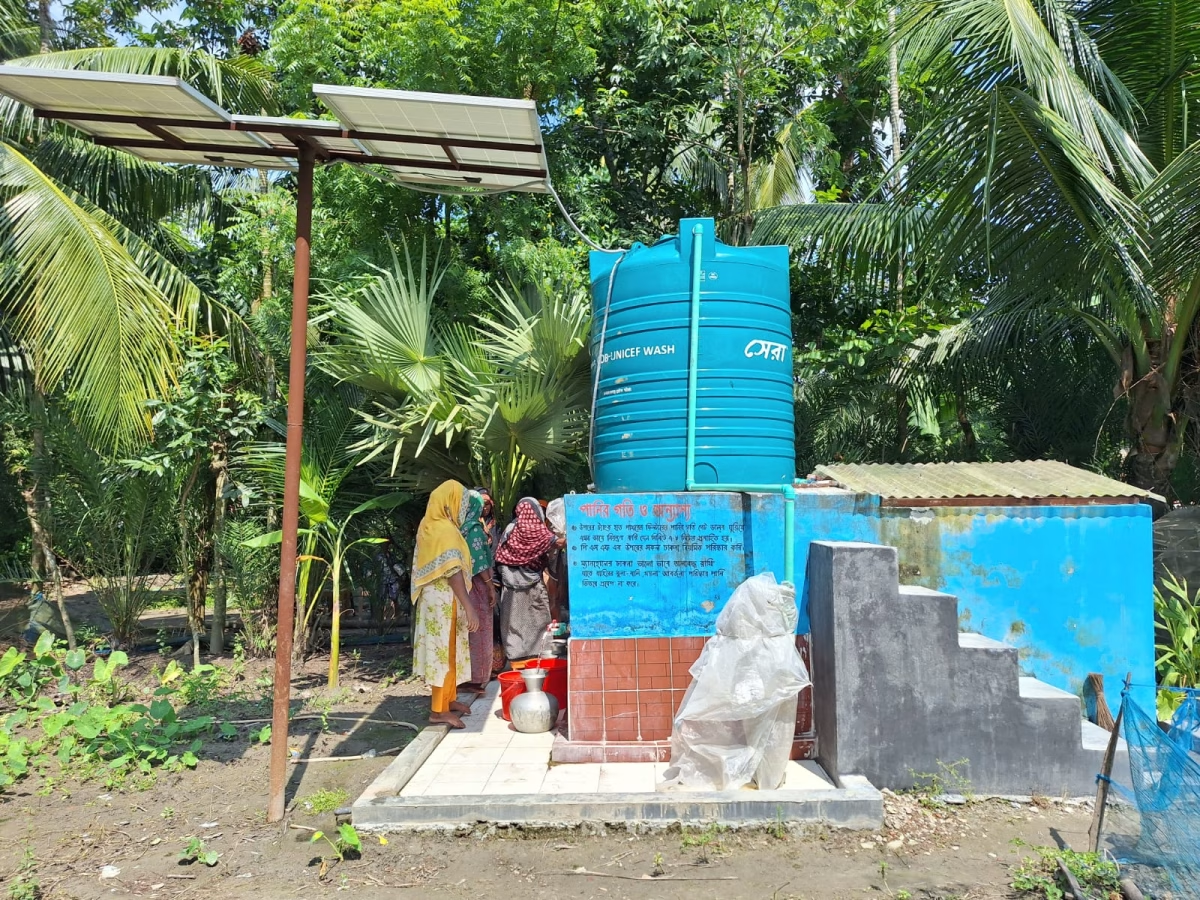
Mission
To incorporate strategic research, training, technical services, laboratory analysis, information exchange, and networking for effective and sustainable achievement in target development program.
Objective
EPRC aims to contribute to sustainable development of knowledge, technology, and the management of human & natural resources. It focuses on institutional capacity building, monitoring & evaluation and addressing policy issue. Key strategic objectives include developing innovative technologies and techniques, enhancing the capacities of men, women and children, and fostering collaboration with national and international organizations, including government and NGOs and academic institutions. EPRC works in rural, urban, and coastal regions both in normal and disaster conditions in Bangladesh as well as in other countries.
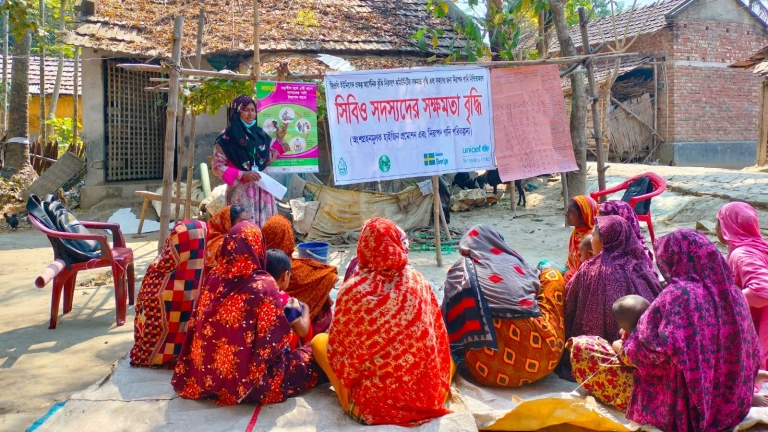
Legal Affiliation
Year of Establishment
1998
NGO Affairs Burea Reg. No.
1674
Joint Stock Companies Reg. No.
S2746(159)/2002
ADB CMS Registration No.
040782
USAID DUNS No.
731607292
TIN Number/ Cicrle 93
145072908857
BIN/VAT Number
002067868-0101
Trade License Number
TRAD/DNCC/084788/2022
Joint Stock Companies Reg. No.
S2746(159)/2002
ADB CMS Registration No.
040782
USAID DUNS No.
731607292
TIN Number/ Cicrle 93
145072908857
BIN/VAT Number
002067868-0101
Trade License Number
TRAD/DNCC/084788/2022
Membership and MoU
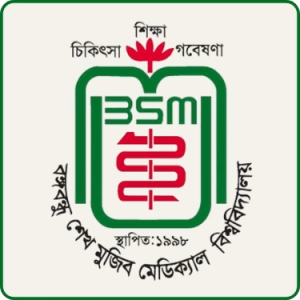
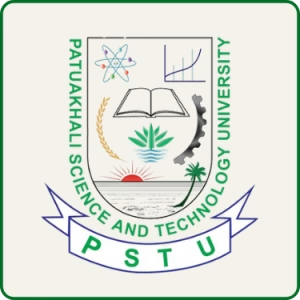
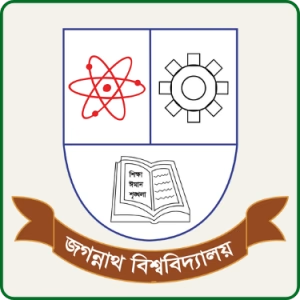
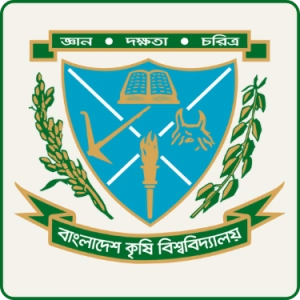
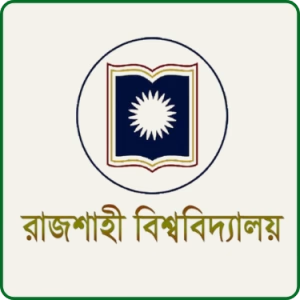
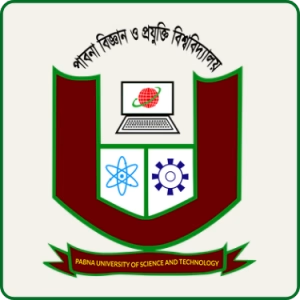
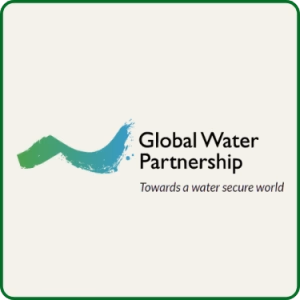
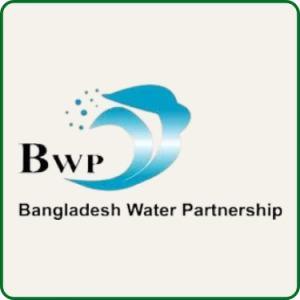
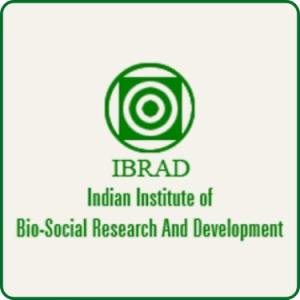
Executive Committee
Prof. Dr. M Mozammel Hoque
Ms. Sufia Khanam
Sohel Ahmed
Dr. Md. Sohrab Ali
Dr. Helena Khatun Member
Dr. Md. Moniruzzaman
Engr. Md. Fakhrul Abedin
Tribute to the Founding Executive President
Prof. Dr. Bilqis Amin Hoque was the founder of the Environment and Population Research Centre (EPRC) and a renowned scientist at both national and international levels. She passed away on August 1, 2023, at a hospital in the state of Kansas, USA. Her body arrived in Bangladesh ten days later, on the evening flight of August 10, and she was laid to rest on August 11, 2023, at the Banani Graveyard in Dhaka following two consecutive funeral prayers.
Born in 1954, Dr. Hoque graduated from Bangladesh Agricultural University (BAU), Mymensingh, under the Faculty of Agricultural Engineering, becoming the first woman graduate from that faculty. She completed her Master’s degree in the UK and earned her Ph.D. in the USA under the prestigious Commonwealth Scholarship program.
Throughout her distinguished career, Dr. Hoque held esteemed positions with ICDDR,B and the World Bank. She served as an adjunct professor at Emory University, USA, until her death. She also taught at BRAC University and Kyoto University, Japan, and served as the Dean of Uttara University. Her deep engagement with the Water, Sanitation, and Hygiene (WASH) sector began during her tenure at ICDDR,B, where she made significant contributions to advancing the field.
Dr. Hoque founded the Environment and Population Research Centre (EPRC) in 1998 and served as its Executive President until her passing.
After being diagnosed with endometrial cancer in July 2022, her initial surgery and treatment were conducted in Bangkok, Thailand. She later traveled to the USA in April 2023 for further evaluation and advanced treatment. Unfortunately, her condition continued to decline, and during her final week, her health became critically unstable before she passed away.
Prof. Hoque may no longer be with us physically, but her gentle yet strong commanding voice continue to inspire us in our daily works. We honor her memory with deep respect and heartfelt prayers. May the Almighty grant her eternal peace and a place in heaven. Her memory, ideology, and unwavering spirit will continue to inspire and guide us in the days ahead, even in her absence.
Areas of Interest
Special Focus
Special Focus
Addressing SDG Goals
Working Area Map
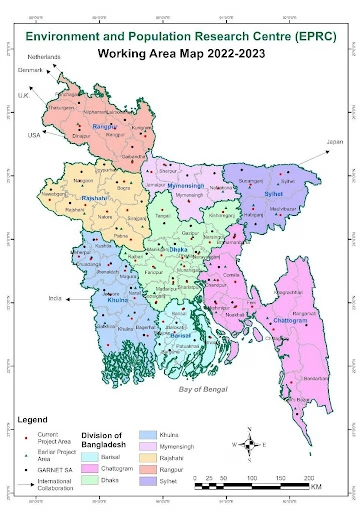
Collaborative Partners/Donors (by categories)
International
- UNICEF, Bangladesh
- World Health Organization (WHO)
- Bill & Melinda Gates Foundation
- Asian Development Bank (ADB)
- World Bank Bangladesh (WB)
- Dutch Research Council (NWO)
- Global Water Partnership (GWP)
- All India Institute of Hygiene and Public
- Health (India)
- Japan International Cooperation agency (JICA)
- Child Health Foundation (CHF), USA
- Russell IPM, UK
- Stockholm Environment Institute, Sweden
- The Flora Family Foundation, USA
- FCDO (DFID) Bangladesh
- Ocean Foundation, USA
- UNIFEM, India
- Qatar Charity
- Rotary International
National/GoB
- Bangladesh Water Development Board (BWDB)
- Department of Public Health Engineering (DPHE)
- Bureau of Non-Formal Education (BNFE)
- Department of Environment (DOE)
- National Institute of Local Government (NILG)
- Local Government Engineering Department (LGED)
- Ministry of Health and Family Welfare (MoHFW)
- Department of Disaster Management (DDM)
- Bangladesh Rice Research Institute (BRRI)
- Rural Development Academy (RDA)
- Dhaka North City Corporation
- Ministry of Environment and Forest
- Bangladesh Livestock Research Institute
- Department of Livestock Services
Universities
- Delft University of Technology (TU Delft), Netherlands
- University of Washington, Seatle, USA
- University of Stirling, Scotland, UK
- WEDC at Loughborough University, UK
- Johns Hopkins University, USA
- Nagoya University, Japan
- The University of York, UK
- Columbia University, USA
- Bangladesh Agricultural University (BAU)
- Kyoto University, Japan
- University of Southampton, UK
- United Nations University, Japan
- Patuakhali Science & Technology University
- Bangladesh Agricultural Research Institute (BARI)
